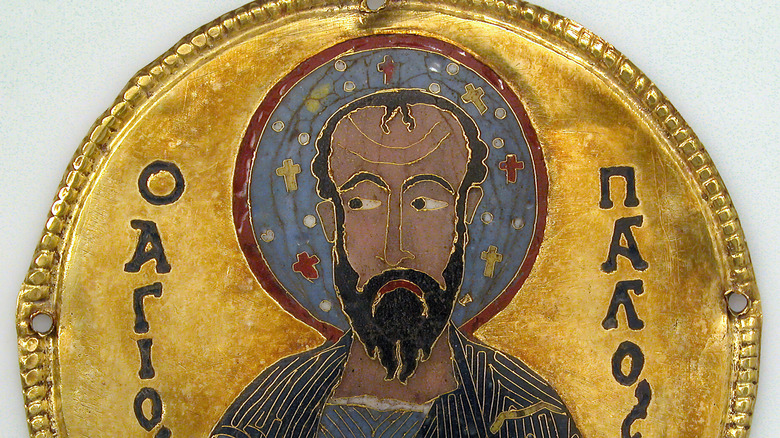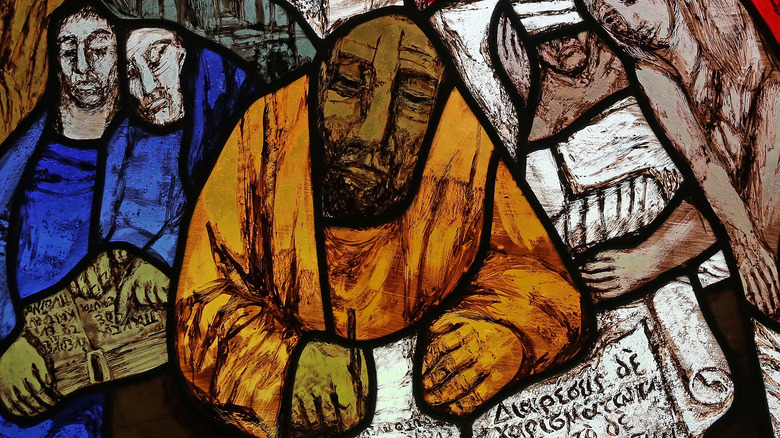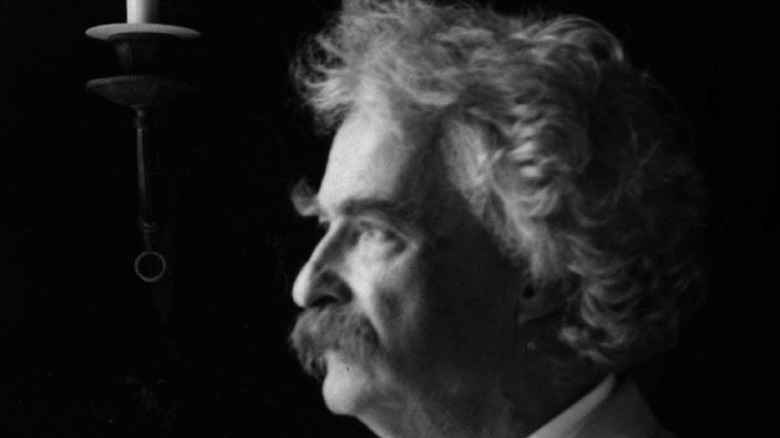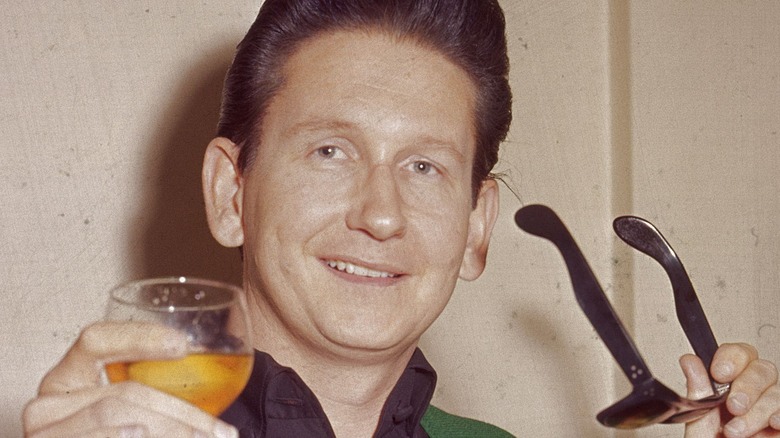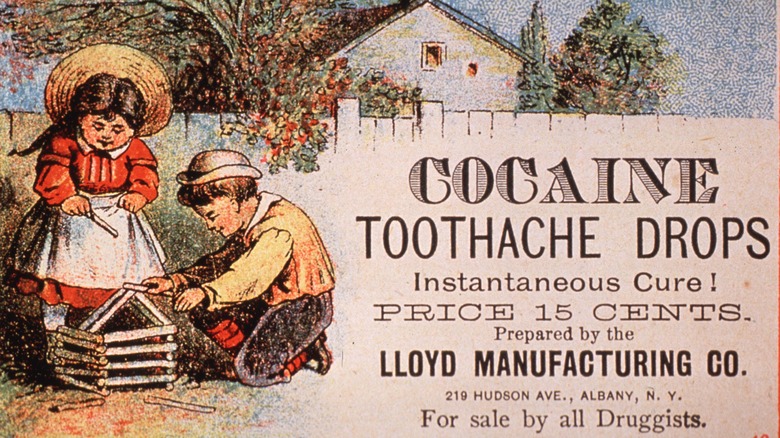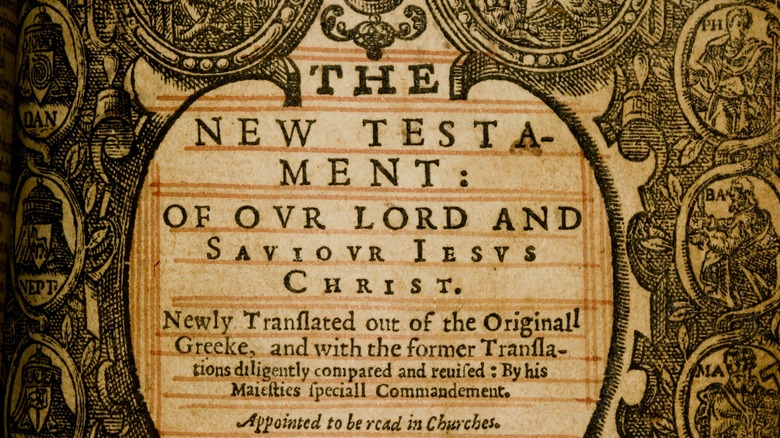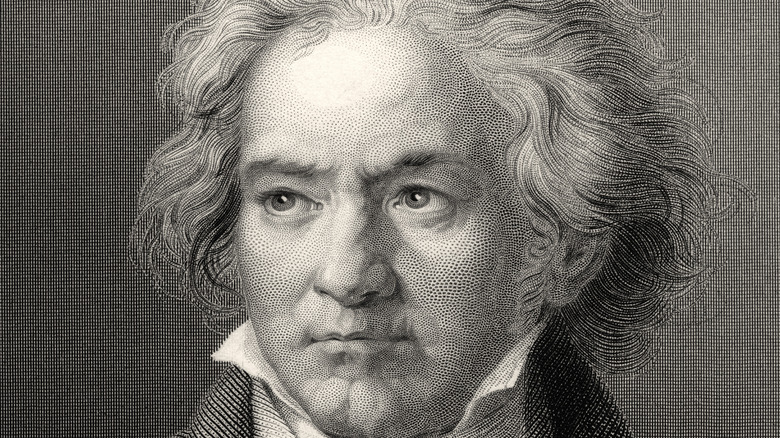
The Surprising History Of Paul The Apostle
Interesting fact: One of the most commonly mentioned facts about the Apostle Paul actually isn’t true. There’s a popular myth that he was born Saul, persecuted the Christians, and then — after converting to Christianity — changed his name to Paul to distance himself from the past. But while the Bible does have examples of people who changed their names for religious reasons, Paul isn’t one of them; the book of Acts in the New Testament just says he was “also called Paul.” Apparently, it was pretty typical for Jewish Roman citizens at the time to have both Hebrew and Greek names, and Paul was his Greek name, basically from birth. So when he’s interacting with Jews, he’s Saul, and when he’s interacting with Gentiles, he’s Paul (via Clear Creek Resources). And that’s about that.
And if you didn’t know that, consider all the other things you might not know about the Apostle Paul. He spread Christianity throughout the known world — which by default makes him one of the most influential people in history — and yet, you might not know much else about him. Let’s take a deep dive into the man and his ministry.
He was a Pharisee
Some of the Christian gospels are structured deliberately to make the Pharisees foils for Jesus — that is to say, the bad guys. They’re the ones who are always trying to trap Jesus in paradoxes — and, of course, they’re the ones Jesus routinely makes to look like fools. With that in mind, it may surprise modern readers to learn that some of the heroes of the New Testament are described as being Pharisees as well.
What even was a Pharisee? The Pharisees were one of four major Jewish political (and religious) parties prominent in Judea at the time (via Britannica). With that in mind, it should be no surprise that the party included both “good guys” and “bad guys,” just like any modern political party includes idealists, opportunists, and everyone in between.
It’s not all that remarkable then, that some of the heroes of the New Testament are Pharisees, including Nicodemus, the rabbi who’s on the receiving end of the Bible’s most famous verse, John 3:16 — and, of course, Paul, whose zeal for his Jewish and Pharisee roots led him to persecute Christians. After conversion to the Christian faith, Paul doesn’t stop being a Pharisee, either; in Acts 23, he announces, “I am a Pharisee, the son of a Pharisee,” and in his letter to the Philippians, he calls himself a Pharisee again. The guy stayed true to his roots.
He once told a group of heretics to … castrate themselves
Appreciation for his Jewish roots, though, didn’t lead Paul to the conclusions you might expect as he spread the Gospel to the Gentiles. The early Christian church was gripped by what some have called the “Judaizing controversy,” where there was considerable disagreement over whether Gentile converts to Christianity should be expected to follow the law of the Torah — up to and including circumcision.
Acts 15 describes the “Council of Jerusalem,” at which the Apostles — including Paul — argued back and forth about exactly which parts of the Old Testament applied to Christians, with Paul being firmly on the side of leniency. The council lands on laying off of Moses’s law with the Gentile Christians, instead encouraging them to abstain only from “the things polluted by idols, and from sexual immorality, and from what has been strangled, and from blood.”
You might think that would have been the end of it, but Paul himself devoted considerable energy to arguing against circumcision of Gentile Christians, even after the council. His entire Epistle to the Galatians, for instance — which most scholars agree is one of Paul’s earliest letters (via Britannica) — is written to counter the arguments of the “Judaizers,” and climaxes with Paul writing, in the King James Version, “I would they were even cut off which trouble you.” Which, yes … that’s a double entendre. Most modern translations make it even clearer, rendering it as “I wish those who unsettle you would emasculate themselves!” or something similar.
He coined the phrase “all things to all people”
It’s hard to estimate just how influential the King James Bible has been on the modern English language. Together with Shakespeare, it helped establish it on the global stage and created many of the idioms we still use today — really common phrases like “scapegoat” and “the skin of my teeth” (via Historic UK).
Among those, you can credit at least one to the Apostle Paul. In 1 Corinthians 9:22, he writes, “I have become all things to all people, that by all means I might save some.” So, yeah, each time you describe something as “all things to all people,” you owe St. Paul royalties.
Interestingly, though, Paul means almost the opposite of what modern users of the phrase tend to mean. Usually in the modern world, when you describe something as trying to be “all things to all people,” you mean it’s trying too hard to please everyone and probably isn’t very good as a result. In context, though, what Paul’s talking about is making himself and his habits palatable to Jews, Gentiles, and everyone else, with the hopes of converting as many as possible. In other words, he thinks it’s a good thing. And, well, considering how much of the world Paul converted, it’s hard to argue with results.
His tentmaking may have been more important to his ministry than you realize
Paul is best remembered as an evangelist, which makes sense since evangelism was sort of what he did. The Acts of the Apostles — St. Luke’s book devoted to depicting the early history of Christianity — occasionally depicts him as preaching in town squares to anyone who will listen. Despite this, though, evangelism was never a full-time gig for Paul.
Paul actually made his living making tents, and often, in his letters, draws attention to the fact that he never asks anyone to pay him for his evangelism. He’s famous enough for his tents, in fact, that certain corners of modern Christianity use the word “tentmaker” as a descriptor for pastors who support themselves through jobs outside of their Christian ministry (via Worldwide Tentmakers).
In fact, according to Britannica, Paul’s tentmaking gig might have been more important to his ministry than you might have guessed. As the authors there point out, Paul admits in his second letter to the Corinthians that he isn’t a particularly eloquent speaker, so the dramatic sermons depicted in Acts are likely more the exception than the rule. Instead, they hypothesize, Paul likely chatted with passersby while he was working on his tents. Tentmaking was mostly leatherwork, which is fairly quiet, giving Paul ample opportunity to talk theology.
Women were a lot more important to his ministry than you might think
When Paul comes up in modern contexts, it’s often because of a handful of passages attributed to him that read as pretty misogynist to the modern eye — stuff like “For it is shameful for a woman to speak in church” (1 Corinthians 14:35) and “I do not permit a woman to teach or to exercise authority over a man” (1 Timothy 2:12). Paul’s obviously got his share of defenders on this stuff, even among modern feminists (via Pedro M. Rosario Barbosa). In 1 Corinthians, they’ll point out, for instance, Paul actually assumes that women are going to be “prophesying” in church, so taking the previously mentioned verse as normative for all time seems a little excessive. But obviously, the only person who could tell us exactly what he meant when he wrote these verses is Paul himself, and he isn’t answering our emails.
Given his popular perception as something of a male chauvinist, then, it might surprise some how vocally Paul supports the women who have aided in his ministry and the ministry of the early church. As the writers at Britannica observe, in Romans 16, Paul lists no fewer than eight women among those whom he wishes to greet, including Junia, whom he describes as “prominent [or well known, depending on your translation] among the Apostles.” Other mentions include Phoebe, an early deaconess, and Priscilla, who gets star billing in the book of Acts.
You can obviously draw your own conclusions here, but Paul, like any other historical figure, had a complicated legacy.

The Creepy Reason People Remain Conscious After Being Decapitated
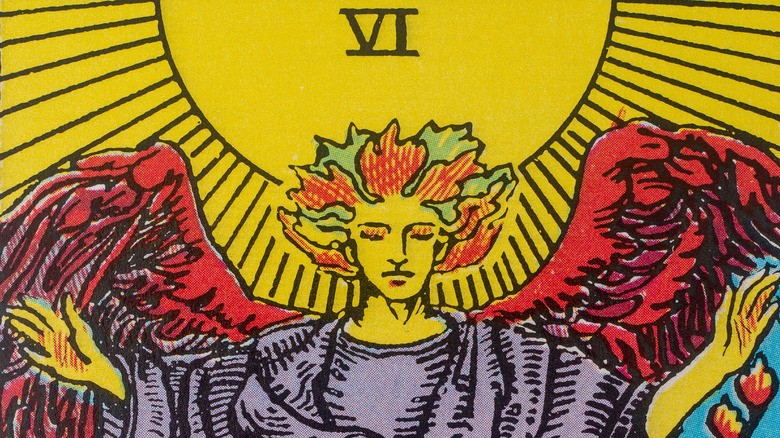
The Untold Truth Of Tarot Cards
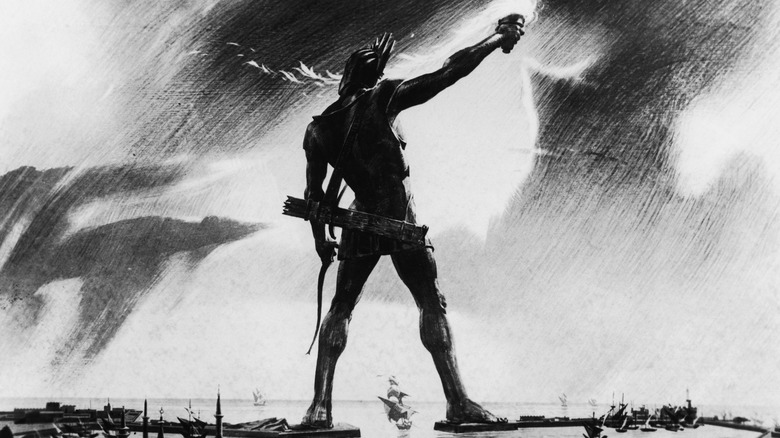
The Untold Truth Of The Colossus Of Rhodes

The Dark Truth About Radical Group Boko Haram
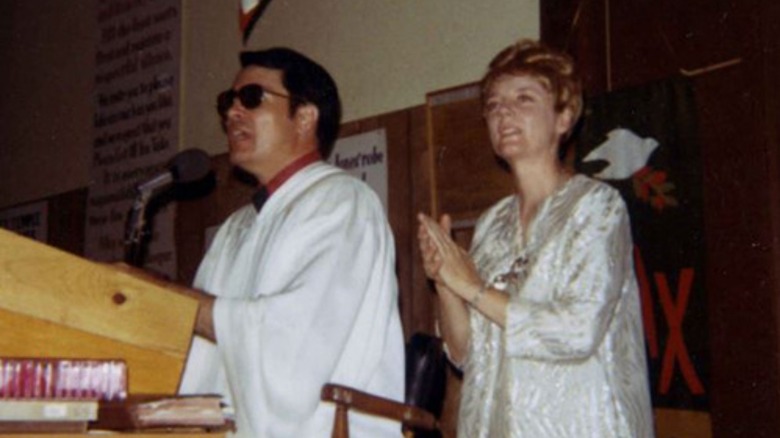
What You Might Not Know About Jim Jones' Wife

Rayful Edmond: The Truth About The Drug Trafficker In Witness Protection

The Tragic Death Of Lenny Bruce

The Plague Has Been Around Longer Than You Probably Thought
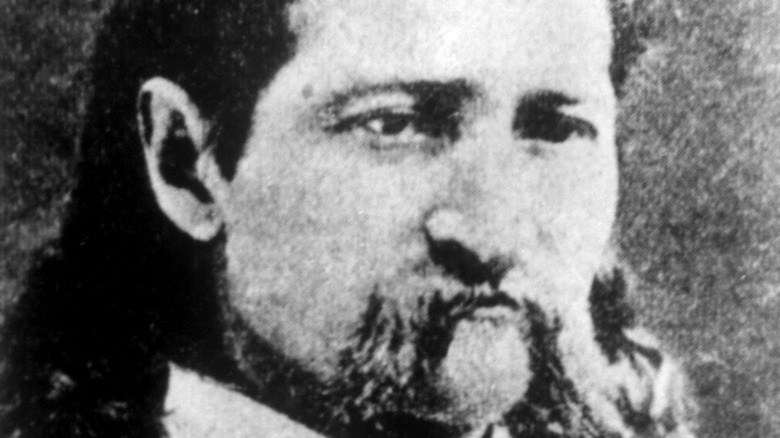
A Look At Wild Bill Hickok's Early Years
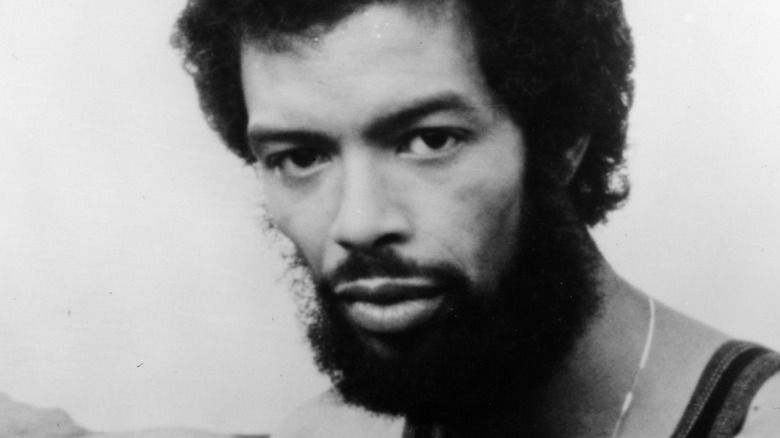
The Untold Truth Of Gil Scott-Heron

